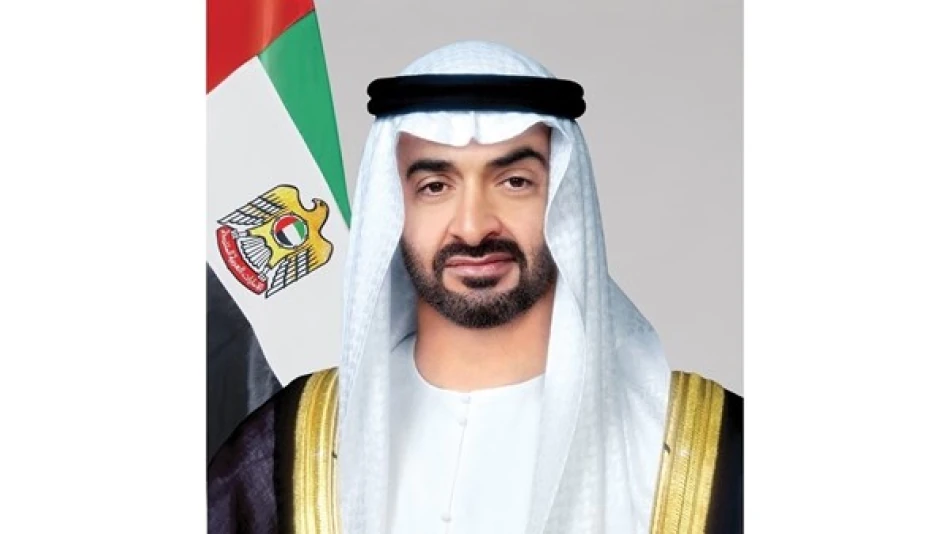
State Leader Addresses Nation Ahead of 2025-2026 Academic Year: Insights and Expectations
UAE President Emphasizes Family-School Partnership as New Academic Year Begins
UAE President Sheikh Mohammed bin Zayed Al Nahyan delivered a voice message marking the start of the 2025-2026 academic year, congratulating students, teachers, administrators, and parents while emphasizing the critical importance of collaboration between families and schools for educational success.
Presidential Message Highlights Educational Priorities
In his address, Sheikh Mohammed bin Zayed extended congratulations to all stakeholders in the UAE's education system as the new academic year commenced. The President's message specifically wished everyone a successful academic year built on the foundation of cooperation between families and educational institutions.
This emphasis on family-school partnership reflects the UAE's broader educational philosophy that views learning as a community effort extending beyond classroom walls. The message signals continued high-level government commitment to educational excellence as a cornerstone of national development.
Strategic Context: Education as National Priority
Vision 2071 and Human Capital Development
The presidential message aligns with the UAE's long-term strategic vision, which positions education and human capital development as fundamental pillars for the country's transformation into a knowledge-based economy. This approach mirrors successful models in Singapore and South Korea, where government leadership consistently champions educational advancement.
The UAE has invested heavily in educational infrastructure and reform over the past decade, including curriculum modernization, teacher training programs, and technology integration. The country's emphasis on STEM education and multilingual learning has positioned it as a regional education hub.
Regional Leadership in Educational Innovation
The UAE's approach contrasts with traditional educational models in the region by emphasizing collaborative learning environments and parental engagement. This strategy has yielded measurable results, with Emirati students showing consistent improvement in international assessments like PISA and TIMSS.
Implications for Stakeholders
Educational Institutions and Policy Makers
The presidential endorsement of family-school cooperation provides clear direction for educational institutions to strengthen their community engagement programs. Schools are likely to expand parent involvement initiatives, communication platforms, and collaborative learning projects.
This top-down support also suggests continued government investment in educational resources and teacher development programs, creating opportunities for education technology companies and professional development providers operating in the UAE market.
Long-term Economic Impact
Strong educational foundations directly correlate with economic competitiveness and innovation capacity. The UAE's focus on collaborative education models positions the country to develop the skilled workforce necessary for its diversification goals beyond oil dependency.
International education providers and technology companies view such government commitment as a positive indicator for market expansion and partnership opportunities in the Emirates, particularly in areas like digital learning platforms and educational content development.
Most Viewed News

 Layla Al Mansoori
Layla Al Mansoori






